编者按
Barth-Studien
李琳 供稿
At 15:00 in the afternoon on May 10, 2019, Prof. Günter Thomas gave us another speech about Karl Barth in main building B759. The topic of this speech is “Karl Barth’s Thought of Culture”.
Introduction
The main thesis of Professor Thomas is that Karl Barth is not only a dialectical theologian, but also a theologian of culture, despite that many may think that Barth is not a theologian of culture at all. For Prof. Thomas Barth’s theology of culture is particular and sophisticated.
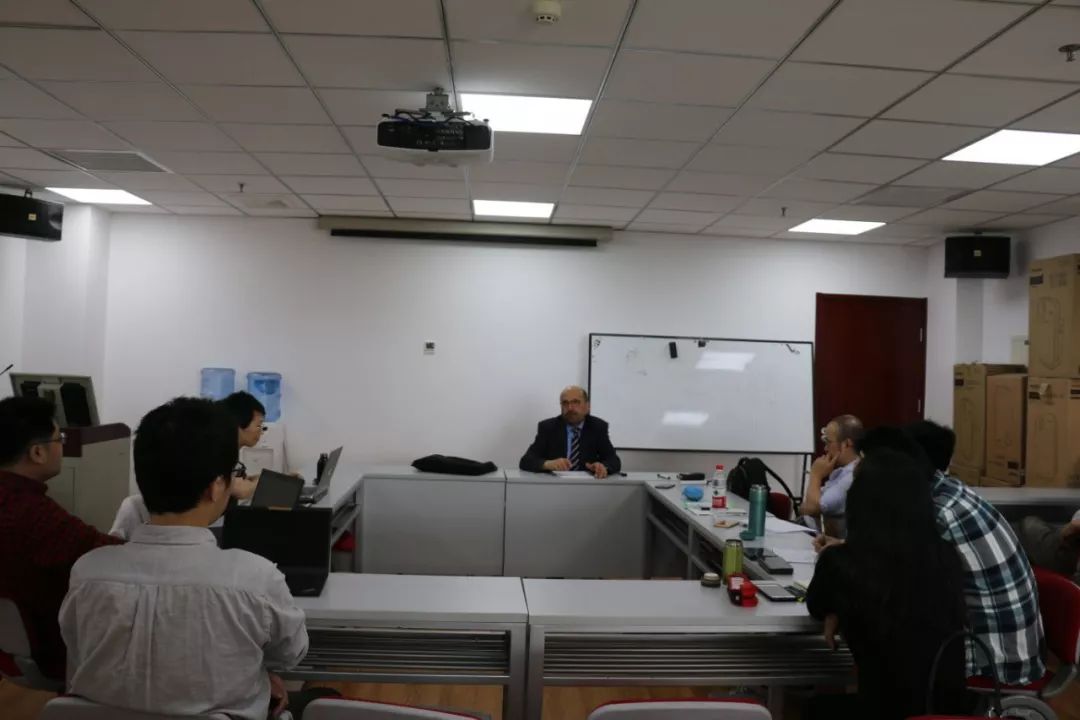
The Prehistory of the Problem
The foundation of any theology of culture is the theological discovery that God is not only present in the community of those who want to live with him, but with all of humanity. God does not only take care of his followers and those who worship them. God is the creator of the cosmos, and works with and among those who do not worship nor obey him. God’s active presence reaches beyond the chosen people. God acts in other histories and is the creator as well as the sustainer of heaven and earth. God’s effective presence is not coextensive with the life of the faithful community.
Prof. Thomas notes that many theologians, from Thomas Aquinas to John Calvin, from Augustine to Martin Luther, thought about the relationship between the knowledge of God that depended on faith in the church and the knowledge of God which can be presupposed to be present in every human being.
There is a distinction between a general knowledge of God based on general revelation and special knowledge of God based on special revelation. The first type of knowledge is accessible to all of humankind, the second type is present in the church and is accessible to the believers. Prof. Thomas points out that, in more developed theologies, a general notion of God is available to everyone, while God as Trinity can be known only through special revelation in Christ, through the spirit, and in the church. The metaphysical attributes of God can be known by reason, but God’s love and justice can only be known through faith and renewed reason.
But this notion is challenged by the influence of the Enlightenment. Friedrich Schleiermacher tries to modernize it by transforming the connection between the general and specific knowledge of God with what we call religion. What all people share is not that it is the loss of evidence for general knowledge of God in the realms outside the church the birthplace of all theologies of culture.
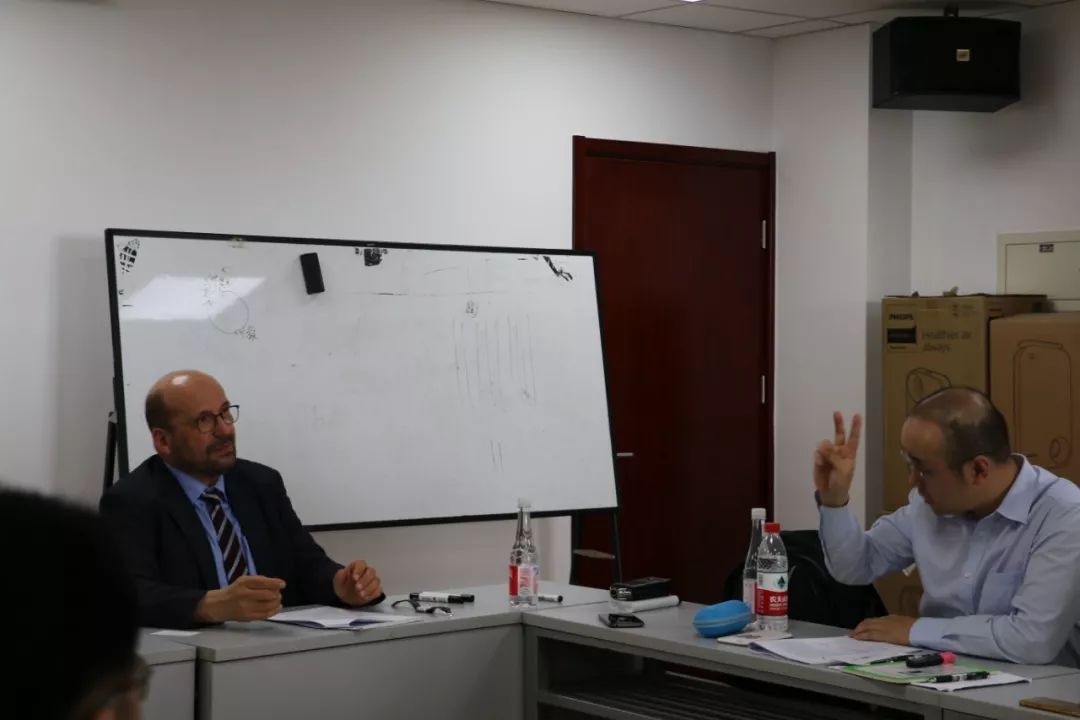
Four Inroads into a Theology of Culture and Three Functions of the Endeavor
In this section, Prof. Thomas suggests four ways to develop a theology of culture.
-
The first one is based on a more philosophical orientation to the presence of God and develop a strong notion of creator effectively present in the worlds of nature and culture.
-
The second one thinks the person of the Christ as being effectively present in and working on the broader culture.
-
The third one gives close relationship between the human spirit, and the spirit of life and the spirit of God.
-
The fourth one hold that human capacity to be religious can be seen as connecting Christians and non-Christians.
Prof. Thomas notes that theologies of culture are born out of a crisis of plausibility of the general knowledge of God, and as a result the ultimate purpose for which is apologetics, e.g. Schleiermacher and his attempts to make a world a more religious one and to argue for some notion of God.
Theology of Culture: Five Pieces of a Lager Puzzle
In this section, Prof. Thomas claims that any theology of culture needs to combine continuity and discontinuity between the faith-community and its environment. Continuity means their difference only on analogical level; discontinuity means a clear distinction between them.
At the Start: A Provocative Theory of Religion
Prof. Thomas describes and explains Barth’s theory of religion. According to him, Barth’s theology of religion assumes that God’s revelation has the face of a human, a historically and psychologically conceivable phenomenon. The Christian religion is part of general human practice. Barth never argues for an absolute necessity for religion and he doesn’t even defend for a theism. Instead, he is open to searching and seeing religious aspects in phenomena outside of the spheres of what we call religions. Prof. Thomas claims that Barth’s analysis of religion isn’t any foundational approach or apologetic securing of religion. He is quite open to atheistic critiques of religion and non-theistic forms of religion.
It is also to be noted that, according to Barth, every attempt to manage one’s relationship to transcendence is a sin, seen from the perspective of revelation.
Further, Barth develops a theological meta-perspective to religion. Barth thinks that in the light of God’s revelation in Jesus Christ, we can realize that God in his revelation is hidden as this peculiar and specific in something very much human and general. True religion happens in the event of God’s grace in Jesus Christ and the outpouring of the Holy Spirit. The line drawn between true religion and others cannot be drawn by human beings, but only by God. Besides, God’s justification of religion is Jesus Christ. And this justification is an ongoing and unfinished process. In this process, human activities are elevated and honored, not denigrated, but transformed.
At this point, Barth isn’t saying about a self-affirmation of religion, but practicing radical self-reference.
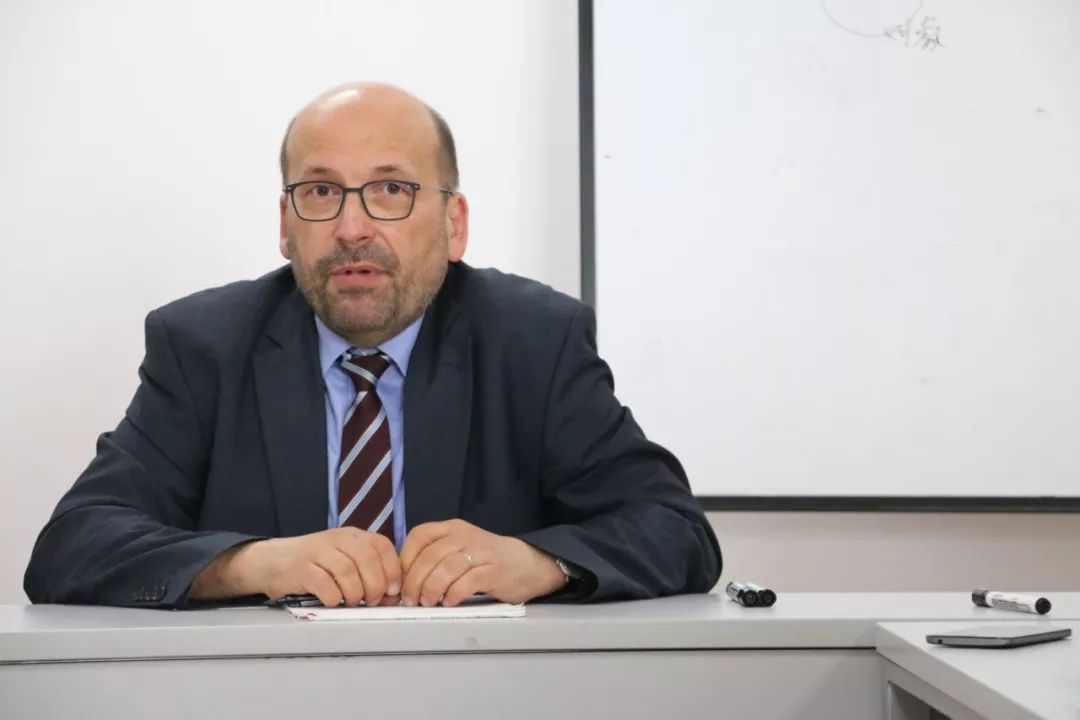
The Lights of the World and the Reflections of the one Light of Life
In this section, Prof. Thomas talks about Barth’s metaphor of light. First of all, Thomas nots that the life of Christ is a light for all human beings. In Barth’s view, the created lights in the cosmos is made visible through the light of Jesus Christ, and the parables of kingdom of God mirrors the light of Christ in history.
The light of Christ is flashing up and invigorating the light of cosmos and the world. At this point, Barth develops a modern relativistic conception of the world which bypasses the distinction between nature and culture, creation and history. In Barth’s view, the world is always seen, conceptualized, imagined and comprehended by human beings. For that reason, the very being of the world is known, portrayed and conceived in human being. The world created by God is a readable and understandable text and at the same time its own reader and interpreter. Any symbolization is part of the world. In all human symbolizations, the world is describing itself. The world is the unity of the difference between the known and the knowing one, the read and the written one. Culture, or symbolizations are part of the world or cosmos itself.
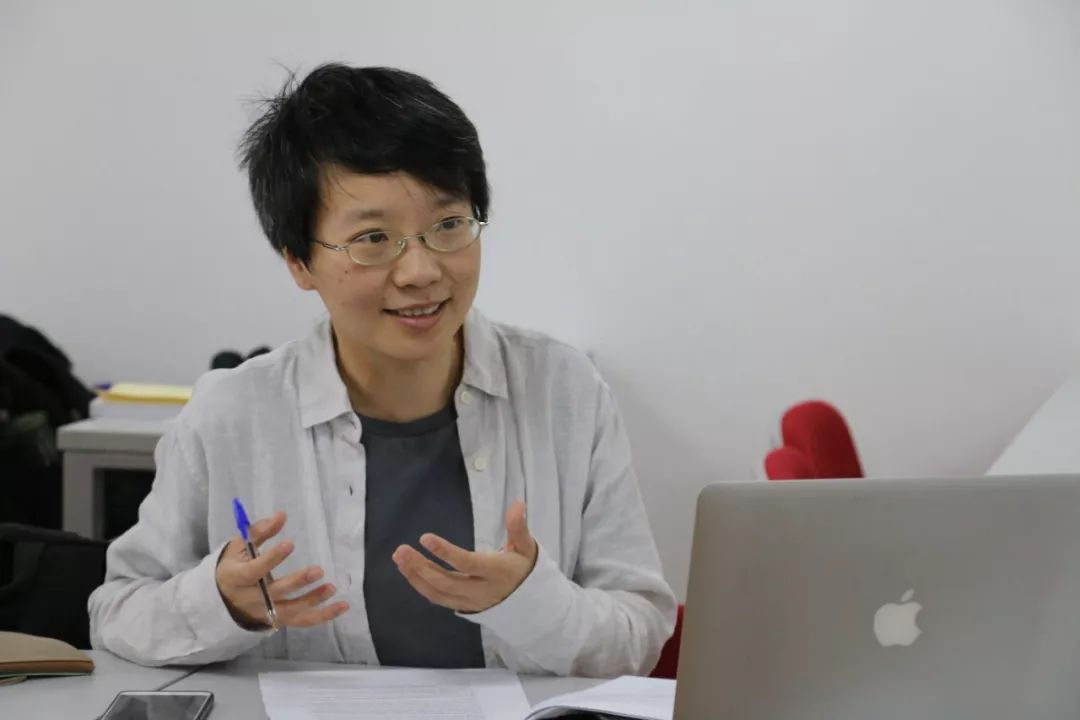
The Parables of the Kingdom of God
Barth makes distinctions between nature and culture. The parables of the kingdom of God corresponds to the realm of history and culture.
In terms of content, the parables of kingdom of God appear to be manifestations of heightened form of humanism. The point of convergence of all the examples given by Barth is humanity.
Through such parables of the kingdom, Christ promotes justice and mercy and the dignity of human beings. They remain extraordinary events grounded in God’s freedom.
Karl Barth’s Last Sketches to a Theology of Culture: The Relative Knowledge of God in the World.
Barth claims that the difference between world and church is only one of degree, not of kind. Specifically speaking, God is not totally unknown in the world and not totally known in the church. There are different degrees of God being known and unknown within every specific sphere. In the world, God can be known through the testimony and witness of the church. Besides, there is a struggle between God being more known in the world and the human being’s unfaithfulness clouding God’s presence and work in the world.
Barth suggests that the objective knowledge of God in the sphere of the world in the practice of a humanism manifest in structures and systems of modern society. Religious language is not necessarily an indicator of God’s effective presence. The care and support and the freedom enabling respect of our fellow human beings make a difference in the quality of life and for documenting the knowledge of God as it was revealed in Christ. The witness of the church can make its own contribution to increasing the knowledge of God in the sphere of the world. They are called to increase the explicit and subjective knowledge of God. Nonetheless, they should be ready to be surprised by some knowledge already present in the wider culture.
Prof. Thomas notes that absolute powers in our society attempt to take the place of God, not because they rebel against religion or theism, but because they rebel against humanity. Barth urges Christians to disenchant the powers of our society to defend true humanity.
Summarizing Observations and Perspectives
Prof. Thomas summarizes his lecture with claiming that Barth is a sophisticated contextual theologian, and Barth’s position on a theology of culture can be characterized by four shifts.
-
Firstly, Barth shifts the focus from classical theism instructed by metaphysics and theories of religion to the playing field of Christology.
-
The second shift is a movement away from an analyzing forms of transcendence or an assumed depth and dimension of human experience to action theory and moral orientation.
-
The third shift concerns the underlying temporal structure of the whole problem. Barth’s philosophical actualism blocks any road to pantheism.
-
The fourth shift is a shift from an apologetic and more defensive pragmatic to a posture of learning and substantial critique. Not the defense of Christianity, but the defense of humanity, not the defense of religious men and women, but the defense of a flourishing of life with justice and mercy are standing in the center. The task of the Christian church is to discover and detect, to nourish and to build parables of kingdom of God beyond the wrong of the church.
Prof. Thomas also mentions that these shifts of Barth have their risks: Barth’s proposals can be read as supporting Christianity in a moral religion in which the church becomes a moral agency permanently lamenting about the state of the world. Barth’s response to the celebration of secularization may support self-secularization of the church and the gospel.
After the speech of Prof. Thomas, the present scholars exchange ideas and discuss some central themes about Barth’s theology of culture.
主讲人简介
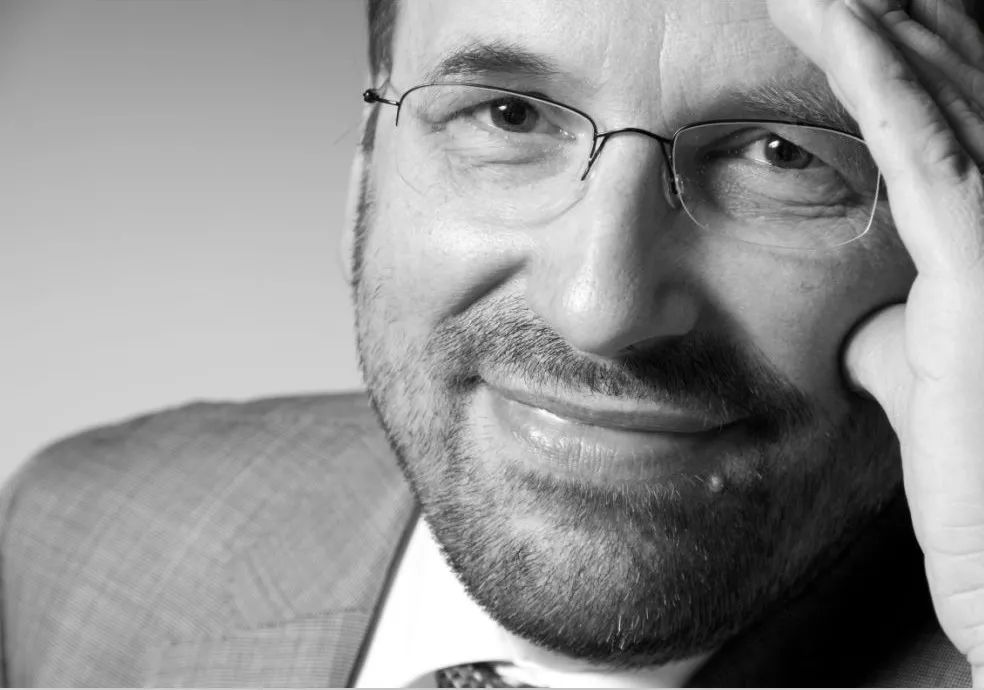
ChairProf. Dr. Dr. Günter Thomas,
Bochum University, Germany
主要经历:
2004年起,德国波鸿大学伦理学讲席教授
2004年,德国海德堡大学教授资格论文。
1999年,德国图宾根大学社会学博士。
1996年,德国海德堡大学哲学博士。
主要在研项目:
巴特思想和建构理论研究
关于老年、老年化和疾病的医学–伦理学研究
媒体、伦理学和公共文化
往期文章
Günter Thomas |巴特与1918:纪念巴特诞辰133周年主旨演讲之一(英文报道)
郑琳艳|巴特的方法论:在实在论与建构论之间(讲座报道)
巴特研究 | “从开始重新开始”:巴特论坛报道(上)
关注我们
巴特研究 Barth-Studien



